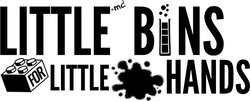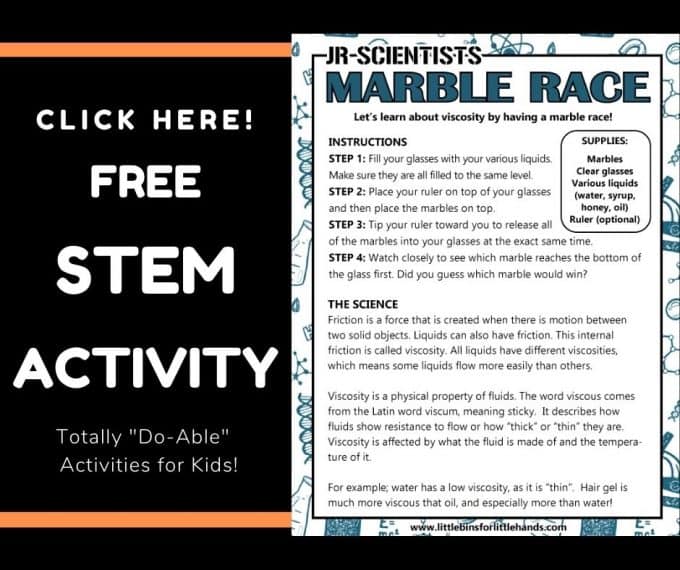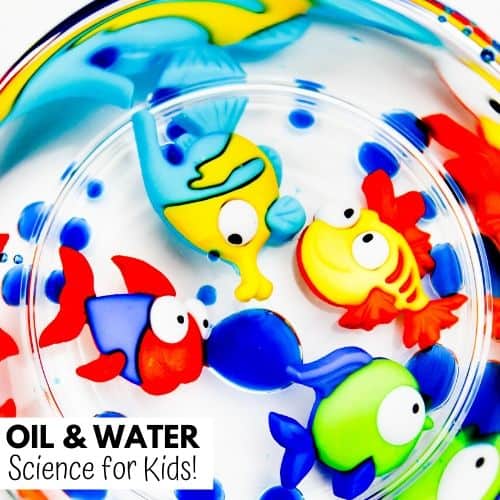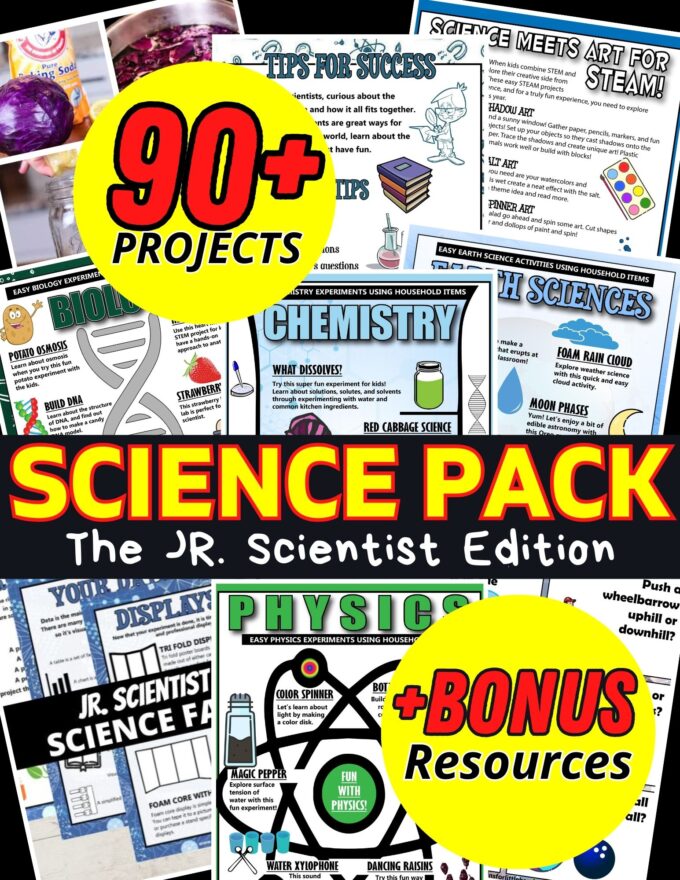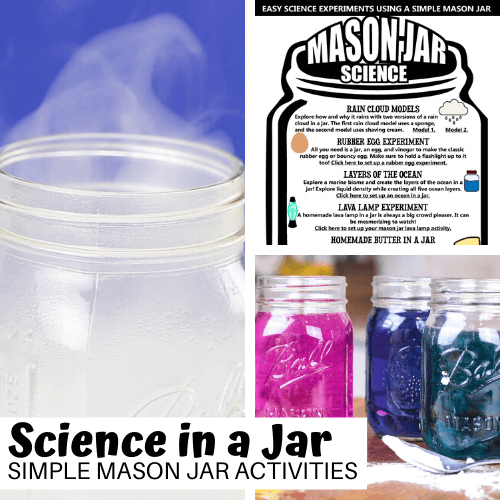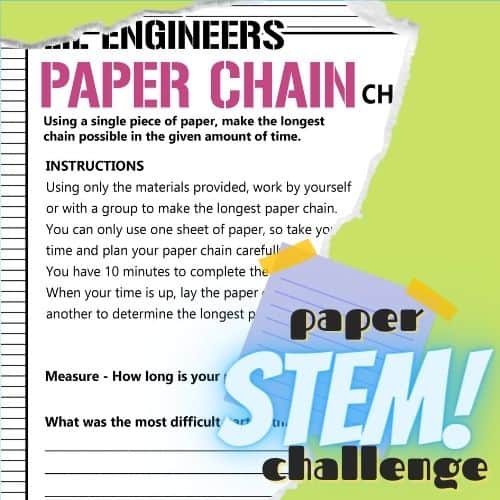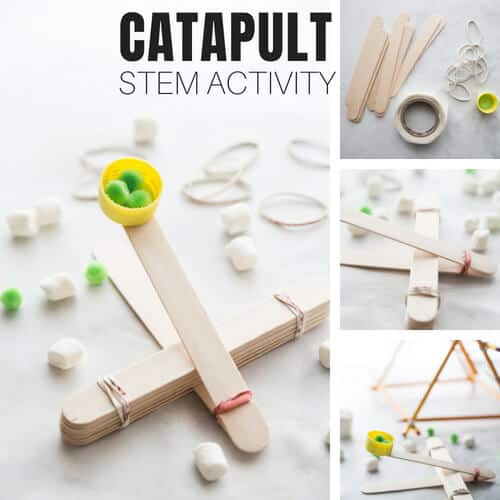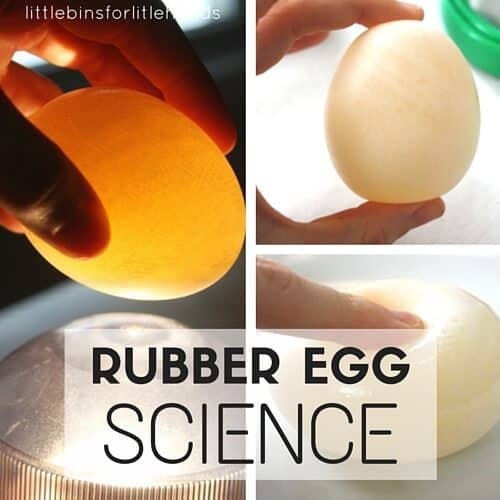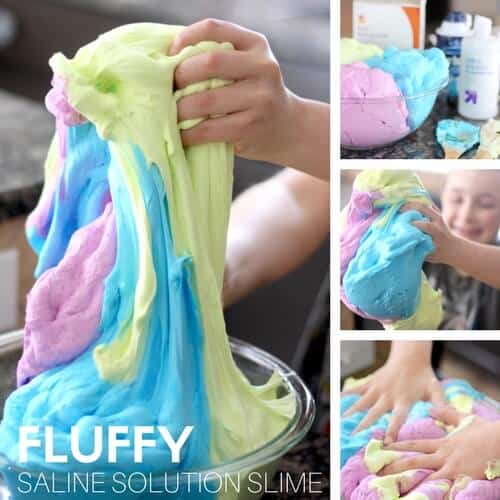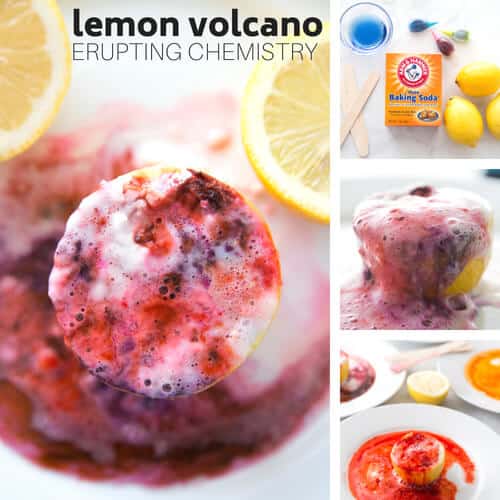The fun thing about science experiments for kids is that you can set them up easily and quickly with what you already have! Learn about the viscosity of fluids with a simple viscosity experiment. Grab some marbles and find out which one will fall to the bottom first. We love science experiments that are fun and easy to do!
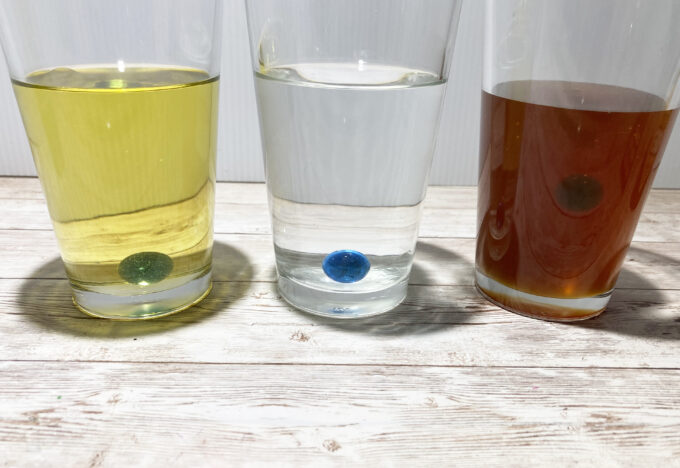
What Is Viscosity?
Friction is a force that is created when there is motion between two solid objects. Liquids can also have friction. This internal friction is called viscosity.
All liquids have different viscosities, which means some liquids flow more easily than others. Viscosity is a physical property of fluids. The word viscous comes from the Latin word viscum, meaning sticky. It describes how fluids resist flow or how “thick” or “thin” they are.
Viscosity is affected by what the fluid is made of and the temperature of it. For example, water has a low viscosity, as it is “thin.” Hair gel is much more viscous than oil and significantly more than water!
Learn about the viscosity of fluids by having a marble race. Try this fun marble drop experiment below! You could even turn it into an easy viscosity science project.
Viscosity Experiment With Marbles
Supplies:
- Marbles
- Clear glasses
- Various liquids (water, syrup, honey, oil)
- Ruler (optional)
Instructions:
STEP 1: Fill your glasses with your various liquids. Make sure they are all filled to the same level.
Learn more about using the scientific method for kids.
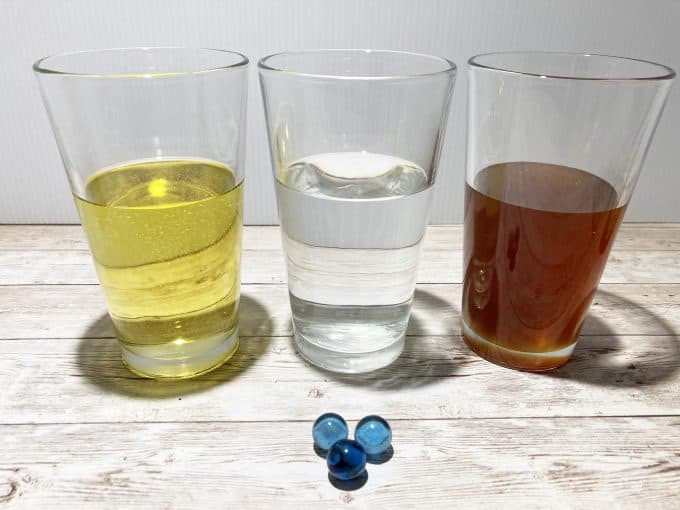
STEP 2: Place your ruler on top of your glasses and then place the marbles on top.
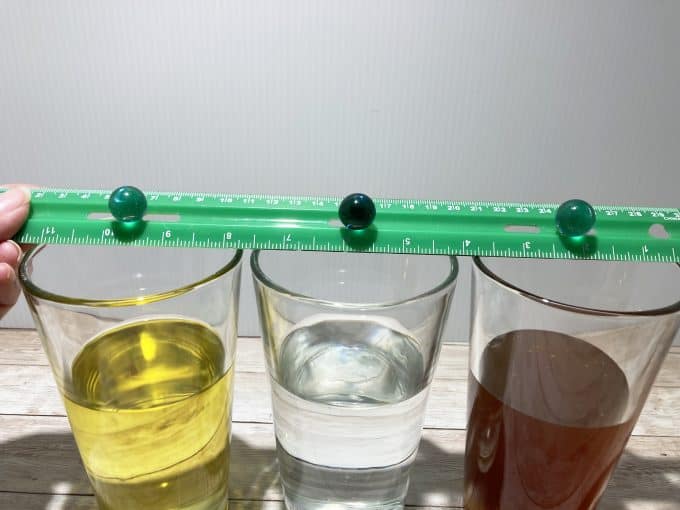
STEP 3: Tip your ruler toward you to release all of the marbles into your glasses at the exact same time.
STEP 4: Watch closely to see which marble reaches the bottom of the glass first. Did you guess which marble would win?

Using The Scientific Method
The scientific method is a process or method of research. A problem is identified, information about the problem is gathered, a hypothesis or question is formulated from the information, and the hypothesis is tested with an experiment to prove or disprove its validity.
Sounds heavy… What in the world does that mean?!? It means you don’t need to try and solve the world’s biggest science questions! The scientific method is all about studying and learning things right around you.
As children develop practices that involve creating, gathering data evaluating, analyzing, and communicating, they can apply these critical thinking skills to any situation.
LEARN MORE HERE: Using The Scientific Method with Kids
Note: The use of the best Science and Engineering Practices is also relevant to the topic of using the scientific method. Read more here and see if it fits your science planning needs.
Helpful Science Resources
Here are a few resources that will help you introduce science more effectively to your kiddos or students. Then you can feel confident yourself when presenting materials. You’ll find helpful free printables throughout.
- Best Science Practices (as it relates to the scientific method)
- Science Vocabulary
- 8 Science Books for Kids
- All About Scientists
- Science Supplies List
- Science Tools for Kids
- Join us in the Club
Get your FREE printable viscosity science project!
More Fun Viscosity Experiments To Try
Kids can use common household materials to try more viscosity experiments!
1. Cornstarch and Water: Oobleck!
Mix cornstarch with water in a bowl until you get a gooey substance. Have the kids try to stir the mixture slowly and then quickly. Discuss how the mixture behaves differently at different speeds, demonstrating its non-Newtonian properties.
2. Honey and Syrup Races
Fill two identical containers with honey and syrup. Have the kids tip the containers simultaneously, observe, and discuss which one flows faster. This demonstrates the different viscosities of honey and syrup.
3. Oil and Water Exploration
Fill a transparent container with water and drop some cooking oil into it. Observe how the oil forms droplets and floats on the water due to its lower viscosity. Discuss why the oil and water don’t mix.
Extend this viscosity experiment with alka seltzer tables. See lava lamp experiment.
4. Bubble Fun with Dish Soap
Mix dish soap with water to create a bubble solution. Use different amounts of soap to create solutions with varying viscosities. Have the kids blow bubbles and observe how the size and stability of the bubbles change with different soap concentrations.
Check out more bubble science experiments kids will love!
5. Ketchup vs. Mustard Race
Fill two squeeze bottles, one with ketchup and the other with mustard. Have the kids squeeze both bottles onto a plate and observe and discuss which condiment has a higher viscosity.
6. Molasses Pouring
Pour molasses or honey onto a plate and observe its slow flow. Discuss how molasses has a higher viscosity compared to water.
7. Dropper Races
Fill two droppers with liquids of different viscosities, such as water and honey. Challenge the kids to squeeze the droppers and observe how fast the liquids come out. Discuss the differences in flow rate.
8. Hot and Cold Syrup
Heat one container of syrup and keep another at room temperature. Compare the viscosity of the warm and cold syrup by pouring them onto a plate. Discuss how temperature can affect viscosity.
More Fun Science Experiments
- Magic Milk Experiment
- Self Inflating Balloon Experiment
- Egg in Vinegar Experiment
- Mentos and Coke Experiment
- Pop Rocks Viscosity Experiment
- Water Density Experiment
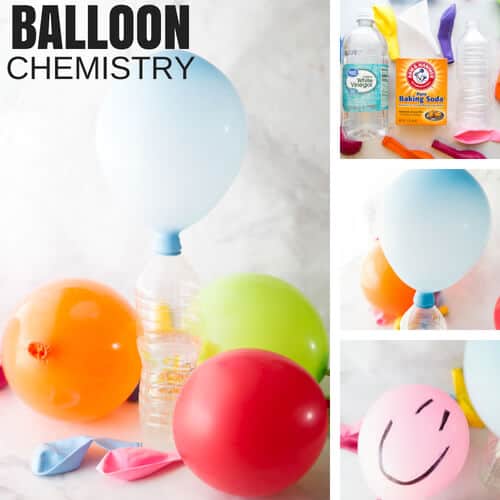
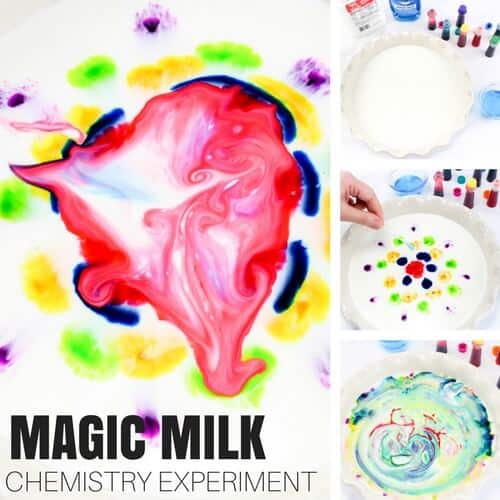
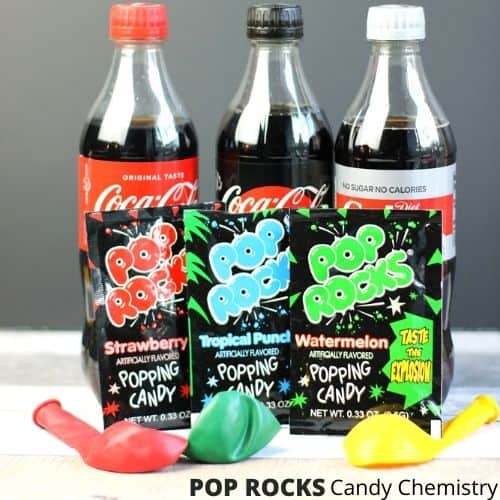
Printable Science Projects For Kids
If you’re looking to grab all of our printable science projects in one convenient place plus exclusive worksheets and bonuses like a STEAM Project pack, our Science Project Pack is what you need! Over 300+ Pages!
- 90+ classic science activities with journal pages, supply lists, set up and process, and science information. NEW! Activity-specific observation pages!
- Best science practices posters and our original science method process folders for extra alternatives!
- Be a Collector activities pack introduces kids to the world of making collections through the eyes of a scientist. What will they collect first?
- Know the Words Science vocabulary pack includes flashcards, crosswords, and word searches that illuminate keywords in the experiments!
- My science journal writing prompts explore what it means to be a scientist!!
- Bonus STEAM Project Pack: Art meets science with doable projects!
- Bonus Quick Grab Packs for Biology, Earth Science, Chemistry, and Physics
